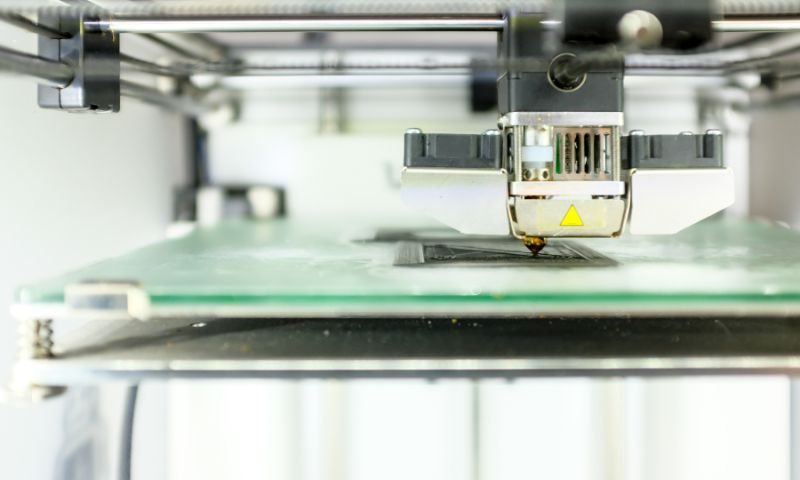8 Questions To Ask Before Buying a 3D Printer

The innovation sparked by 3D printing technology has revolutionized how we design, prototype, and create. You’re not alone if you’ve considered bringing this revolutionary tool into your life. Individuals and businesses are turning to 3D printing to fulfill their needs, from rapid prototyping to custom manufacturing.
Navigating the robust marketplace of 3D printers can be daunting. Asking the right questions before purchasing a 3D printer is the first crucial step in ensuring you get the right machine for your requirements.
1. What Are My Printing Needs?
Before looking at any machine, you must articulate what you want to achieve with 3D printing. Are you a hobbyist, educator, or professional designer? Do you aim to produce functional prototypes, intricate art pieces, or custom parts for manufacturing? Understanding the specific use of the 3D printer will help guide you toward one with the right features and capabilities.
2. What Is the Ideal Print Volume?
The print volume dictates the maximum size of objects you can print. If you’re making small jewelry, a compact printer is suitable. A larger printer would be more efficient if you intend to print larger items or multiple parts simultaneously. It’s essential to have an idea of the potential objects’ dimensions that you wish to print.
3. How Do I Prioritize Printer Speed and Quality?
3D printers come in various speeds and resolutions. Faster printers could sacrifice detail, while high-resolution machines may take longer to produce a single piece. Balance is key, and your decision will hinge on whether you value speed, quality, or both for your project requirements.
4. What Material Options Do I Need?
Different types of 3D printer filaments offer various properties. Consider the strength, durability, and surface finish needed for your prints. Some projects may require the versatility of a printer that can handle multiple materials.
5. How Technically Skilled Am I?
The level of technical skill needed to operate and maintain a 3D printer varies. Some models are user-friendly, with intuitive software and simpler maintenance, which is great for beginners. High-end professional machines, however, often require a more in-depth understanding of 3D printing technology.
6. What 3D Printing Technologies Do I Favor?
Several 3D printing technologies exist, such as Fused Filament Fabrication (FFF) and Stereolithography (SLA). Each has its advantages regarding detail, speed, and material compatibility. Understanding which technology aligns with your project goals is crucial.
7. What Is My Budget?
Your budget will be a significant deciding factor, but it’s important to be realistic about the features you can expect within your price range. Do your best to match your budget to the most critical features and specifications vital to your needs.
8. What Is the Cost of Consumables and Maintenance?
The initial cost of the printer is just the beginning. You should factor in the ongoing filament, resin, and maintenance expenses. Some printers are more cost-effective in the long run, so looking at the bigger financial picture is essential.
Conclusion
By asking and answering these eight questions, you’ll be well on your way to making an informed and successful 3D printer purchase. 3D printing is an evolving field, and your needs may change. Flexibility in your choices and a long-term perspective will ensure that your 3D printing investment pays dividends.
Would you like to receive similar articles by email?





